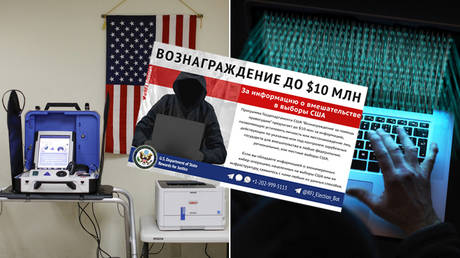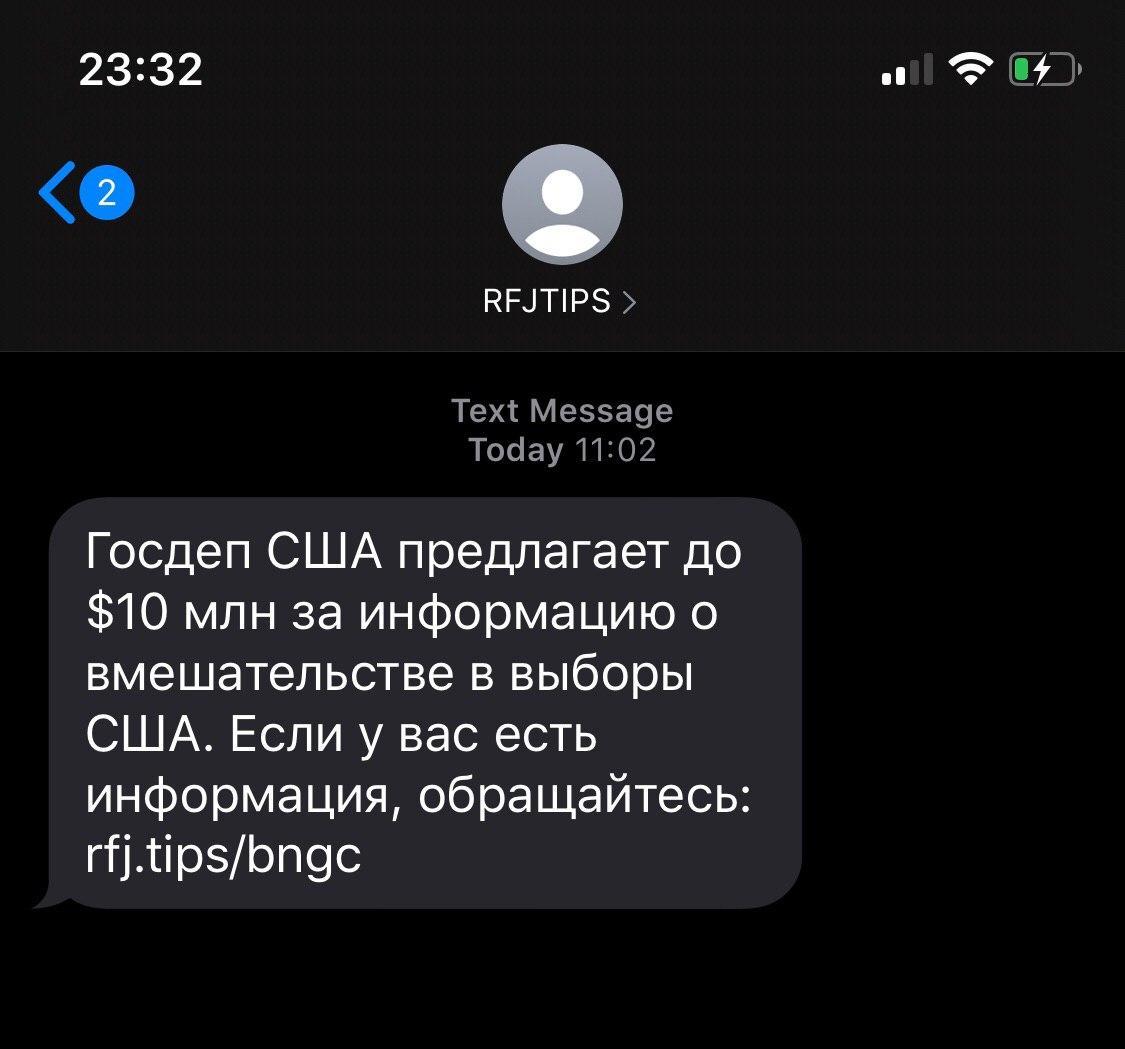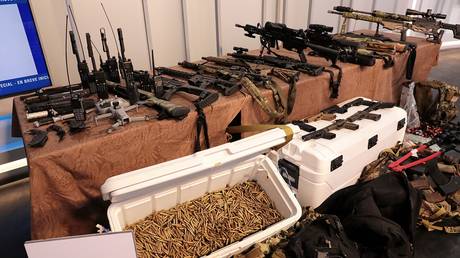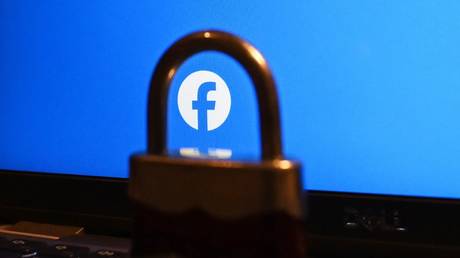
Russian and Iranian citizens are receiving text messages hyping a $10 million bounty the US State Department has offered for information on anyone interfering in US elections on behalf of foreign governments. Desperate much?
Reports of unsolicited messages talking up the cyber-bounties began pouring out of Russian cities on Thursday as residents who received them deluged their local news outlets with screenshots of the bizarre spam. A number of Iranians also received the odd messages Thursday night.

The texts include a link to a post by a verified Twitter account that itself links to the State Department’s Rewards for Justice (RFJ) program, which announced the bounty on Wednesday. The $10 million is offered in exchange for information on “any person who, acting at the direction or under the control of a foreign government, interferes with US elections by engaging in certain criminal cyber activities.”
The tweet, which features a menacing-looking faceless “hacker” in a black sweatshirt, includes contact information for multiple platforms and a hashtag – #Election_Reward – that reveals a multilingual array of posts trumpeting the money to be made in ratting out election hackers. Many of the accounts using the hashtag are linked to the State Department.
The Russian messages were apparently sent using a dodgy service called CentrSoobsh, a platform more often deployed by spammers and scammers than well-funded government agencies. Some recipients said they’d received messages in Russian and English.
The money is meant to buy tips on foreign meddlers in elections of all levels. Secretary of State Mike Pompeo said the program was aimed at “Russia and other malign actors,” and has previously predicted that Russian, Chinese, Iranian and North Korean governments would target the upcoming presidential election in the US.
News of the bounty provoked some snickering from Russian officials. Maria Zakharova responded with a joke, saying “the State Department website will now be overwhelmed by people ratting out their neighbors.” Perhaps the texts were sent when an enterprising State Department employee saw her wisecrack and thought it was a good idea?
Moscow has repeatedly said it doesn’t interfere with elections in foreign nations, deeming the accusations that it did exactly that during the 2016 presidential election groundless and designed to serve the needs of internal political disputes in Washington.
The US approaches the November 3 general election in a state of disarray and deep national division. The usual electoral issues of gerrymandering, voter suppression and lack of transparency have been aggravated by the Covid-19 pandemic, which makes in-person voting a health risk and has prompted many states to expand mail-in voting.
But President Donald Trump has been up in arms against a mail-in election, saying the practice would lead to mass fraud and compromise the legitimacy of the result. Last week, he even suggested postponing the election, only to be rebuked by Ellen Weintraub, the head of the Federal Election Commission (FEC). She said the President should instead secure funds to ensure states and localities can conduct “the safe and secure elections all Americans want.”
Think your friends would be interested? Share this story!




